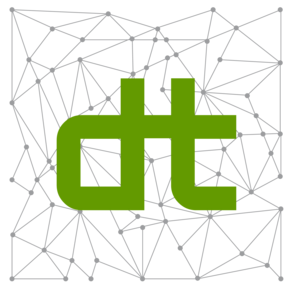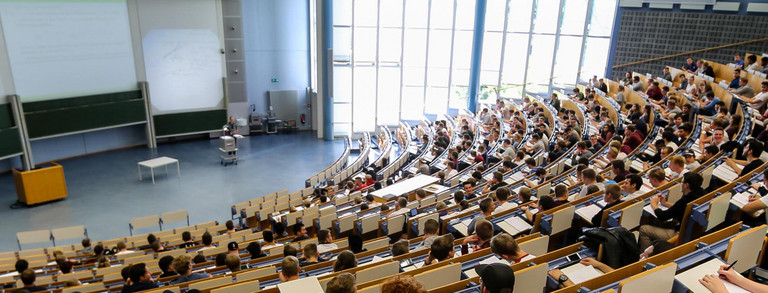A socio-technical perspective on collaboration with AI systems
Artificial intelligence (AI) involves the use of digital technologies to simulate cognitive abilities previously attributed to humans (Daugherty and Wilson 2018). Artificial intelligence includes machine learning (i.e. equipping computers with the ability to solve problems from data without explicitly programming the solution), computer vision (i.e. enabling computers to process visual content) or computational linguistics (i.e. enabling computers to process natural language). BITKOM sees AI as a combination of modular basic elements that can be combined according to general criteria.[1] The general-purpose technology AI therefore has the potential to fundamentally change our economy and society (Brynjolfsson and Mcafee 2017).
For information systems, AI raises many new questions about the design of socio-technical systems (Sarker et al. 2019). In particular, the different forms of collaboration design and their possible consequences are the subject of investigation (Daugherty and Wilson 2018). Possible configurations range from the replacement of tasks and roles (Strich et al. 2021) to augmentation, the supplementation of human activities by artificial systems (Grønsund and Aanestad 2020). New concepts have been developed to characterize this collaboration (Baird and Maruping 2021; Fügener et al. 2021; Glaser et al. 2021).
This work aims to validate and further develop central concepts.
Exemplary Questions
- How can collaboration between human and AI actors be organized and how can incentives for successful collaboration be created?
- How is collaboration with AI-based systems perceived?
- How do concepts and theories of organizational theory have to be changed or extended by AI-based socio-technical systems?
The following research methods, for example, can be used for the work:
- Literature research
- Primary data collection (e.g. interviews, surveys, Delphi survey)
- Analysis of secondary data
Reqirements
This topic is aimed at students of economics, industrial engineering or applied computer science who meet the following requirements:
- Interest in current research on AI and socio-technical systems
- High degree of independence and personal responsibility
- Experience with scientific research methods and analytical skills
How to apply
If you are interested in this topic, please send your application documents to dt.wiwi@tu-dortmund.de
Literatur
Baird, A., and Maruping, L. M. 2021. "The Next Generation of Research on Is Use: A Theoretical Framework of Delegation to and from Agentic Is Artifacts," MIS Quarterly (45:1).
Brynjolfsson, E., and Mcafee, A. 2017. "Artificial Intelligence, for Real," Harvard Business Review).
Daugherty, P. R., and Wilson, H. J. 2018. Human + Machine: Reimagining Work in the Age of Ai. Harvard Business Press.
Fügener, A., Grahl, J., Gupta, A., and Ketter, W. 2021. "Will Humans-in-the-Loop Become Borgs? Merits and Pitfalls of Working with Ai," Management Information Systems Quarterly (45).
Glaser, V. L., Pollock, N., and D’Adderio, L. 2021. "The Biography of an Algorithm: Performing Algorithmic Technologies in Organizations," Organization Theory (2:2), p. 26317877211004609.
Grønsund, T., and Aanestad, M. 2020. "Augmenting the Algorithm: Emerging Human-in-the-Loop Work Configurations," The Journal of Strategic Information Systems (29:2).
Sarker, S., Chatterjee, S., Xiao, X., and Elbanna, A. 2019. "The Sociotechnical Axis of Cohesion for the Is Discipline: Its Historical Legacy and Its Continued Relevance," Mis Quarterly (43:3), pp. 695-720.
Strich, F., Mayer, A.-S., and Fiedler, M. 2021. "What Do I Do in a World of Artificial Intelligence? Investigating the Impact of Substitutive Decision-Making Ai Systems on Employees’ Professional Role Identity," Journal of the Association for Information Systems (22:2), p. 9.
[1] https://www.bitkom.org/sites/default/files/2018-12/181204_LF_Periodensystem_online_0.pdf


